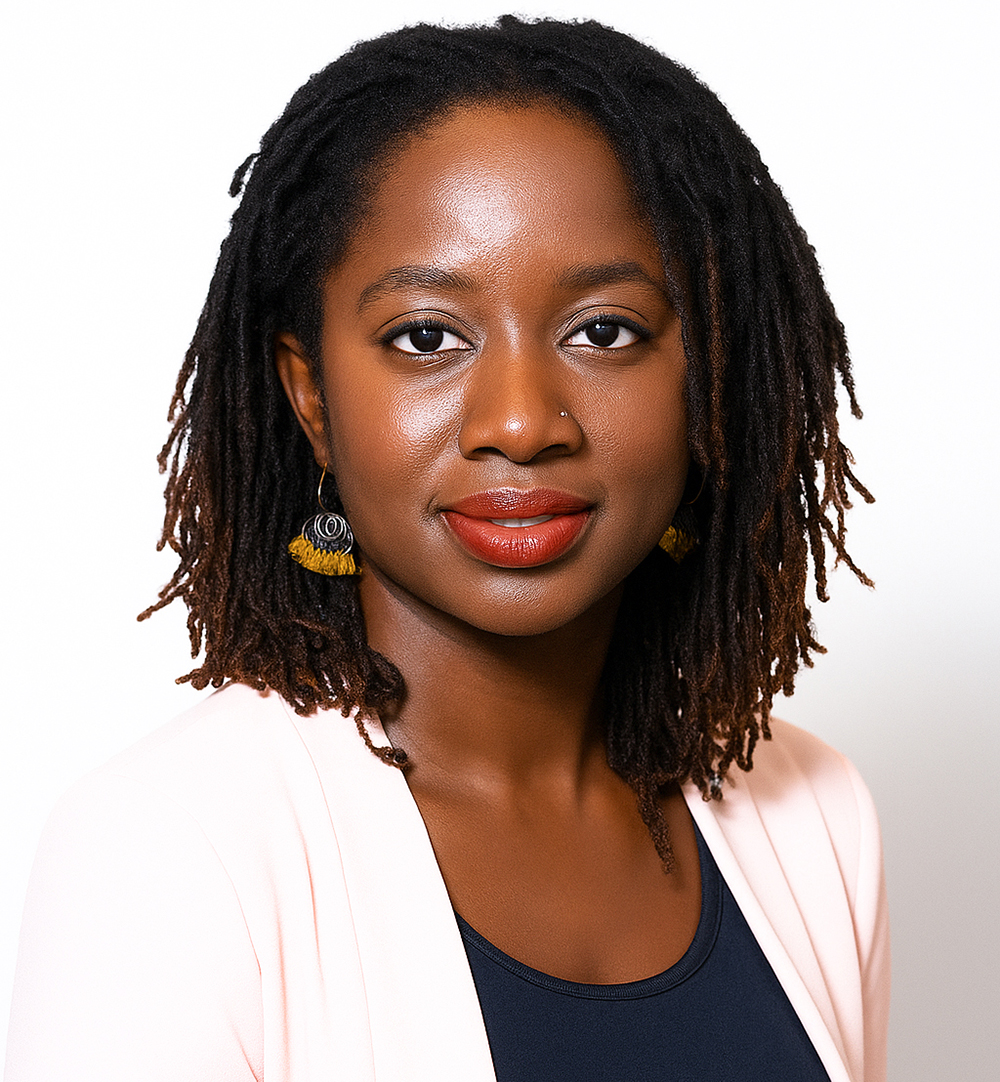Announcements
13TH RP Baffour Memorial Lectures
The University will hold the 13th Edition of the prestigious RP BAFFOUR MEMORIAL LECTURE SERIES on the theme: “Super Intelligent AI Agents: An Existential Threat to the Human Race? Navigating Through the Intricacies of the AI Revolution.”

To be delivered by: Dr. Mercy Nyamewaa Asiedu (A US-Based Biomedical Engineer, Senior Research Scientist at Google Research and the Inventor of Callascope).
|
LECTURE DETAILS |
|||||
|
LECTURE ONE
|
|||||
|
LECTURE TWO
|
|||||
|
LECTURE THREE
|
|||||
|
The Lectures would be climaxed with the 59th Congregation of the University on Saturday, 29th November, 2025 at the Great Hall of the University at 1000 Hours. |
|||||
Profile of Dr. Mercy Nyamewaa Asiedu
Mercy Asiedu is a senior research scientist in the Societal AI and Foundational ML team at Google Research where she works on using machine learning and generative AI for impact driven research for global health. Before that, she was a Schmidt Science Postdoctoral Research Fellow at MIT, Harvard Medical School and the Massachusetts General Hospital working on interdisciplinary research projects using generative AI methods to improve mobile ultrasound imaging. She also worked on projects researching the use of language models to improve comprehension of health notes for breast cancer patients.
She received her PhD in Biomedical Engineering and a certificate in Global health from Duke University. Her dissertation focused on the research and development of a low-cost imaging device and machine learning algorithms to reduce barriers to cervical cancer screening. She has won several awards for her work including the Inaugural Patrick J. McGovern Tech for Humanity Changemaker Awards, the Lemelson-MIT Graduate Student Inventor Award, and Velji Emerging Leader in Global Health award. Additionally, she is a former co-founder and CTO of the Calla Health Foundation, and a co-founder of GAPHealth Technologies.
She received her bachelor’s degree in Biomedical Engineering from the University of Rochester, and high school degree from Holy Child Secondary School, Cape Coast, Ghana.
The University Community and the General Public are cordially invited.
REGISTRAR







